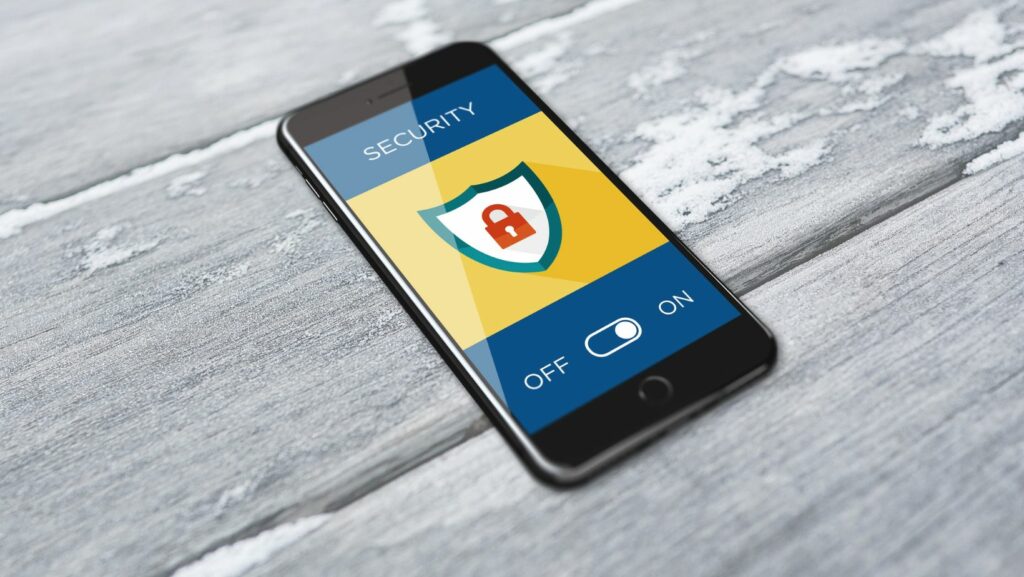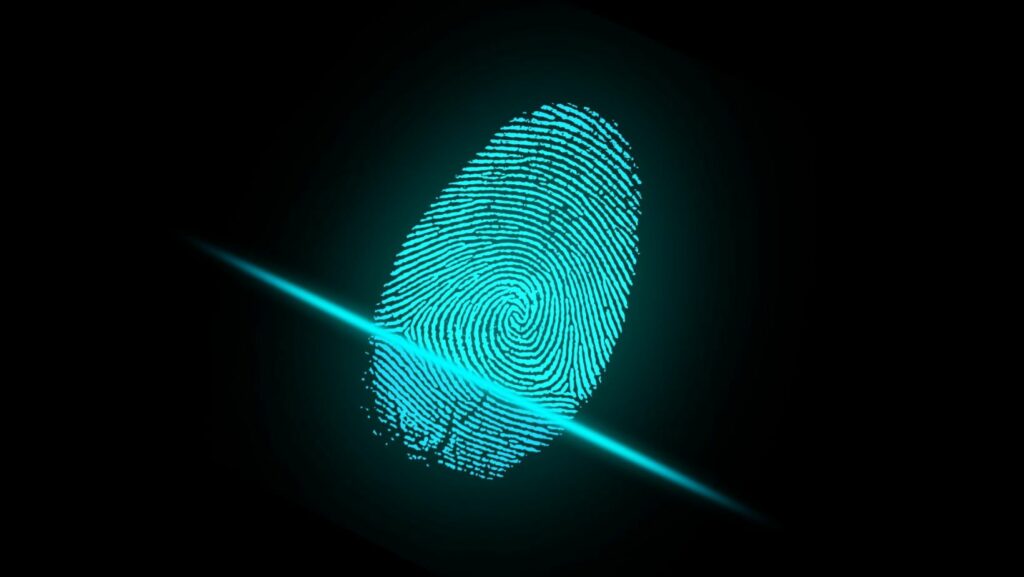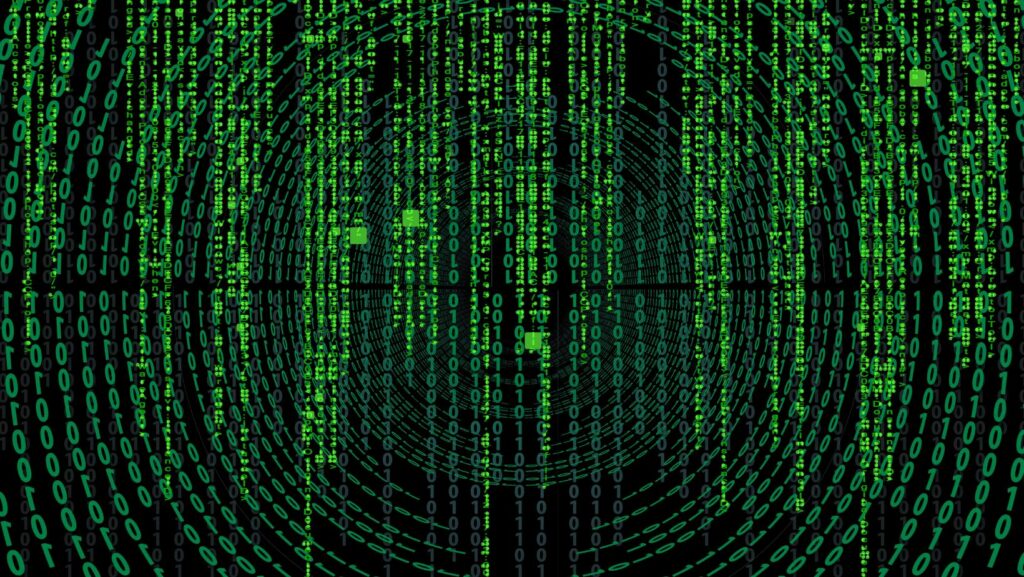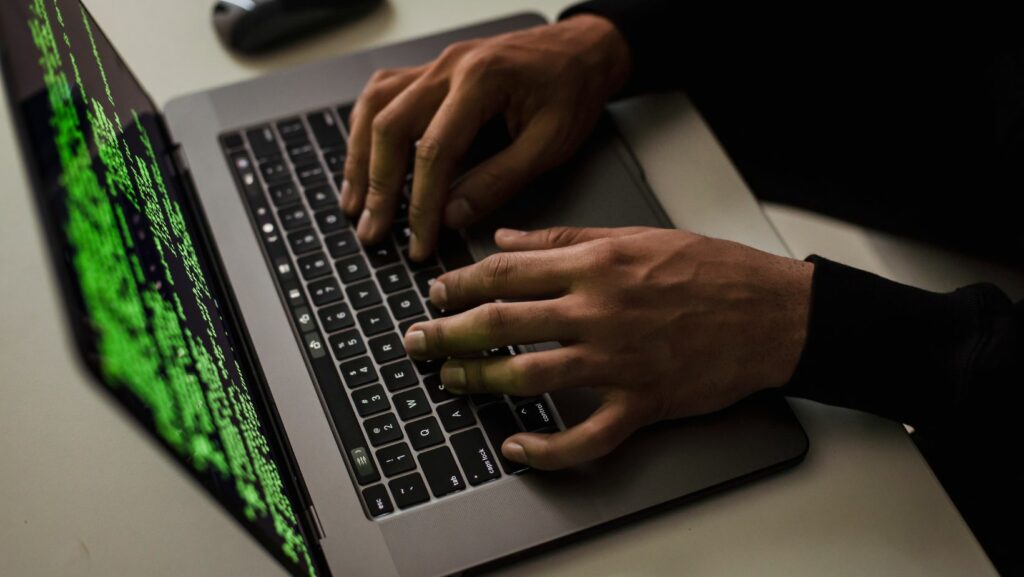
In the digital age, cybersecurity is paramount, especially for online platforms like PayPal. Safeguarding sensitive financial information is not just a priority but a necessity in today’s interconnected world. With cyber threats evolving constantly, PayPal’s cybersecurity measures play a crucial role in ensuring the safety and trust of its users.

PayPal, a leading online payment system, employs advanced security protocols to protect user data from potential breaches and cyber attacks. From encryption technologies to proactive monitoring systems, PayPal is committed to maintaining a secure environment for online transactions. Understanding the importance of cybersecurity, PayPal continuously updates its defenses to stay ahead of cyber threats and provide a secure platform for its millions of users worldwide.
As we delve deeper into PayPal’s cybersecurity practices, it becomes evident that their proactive approach sets a standard for secure online transactions. By prioritizing user safety and data protection, PayPal reinforces its commitment to cybersecurity excellence in the digital realm.
PayPal Cybersecurity
PayPal implements cutting-edge security measures to safeguard user information, ensuring safe online transactions. The company utilizes robust security protocols, state-of-the-art encryption technologies, and vigilant monitoring systems to defend against cyber threats. PayPal’s continuous enhancement of its security measures sets a benchmark for ensuring user safety and upholding cybersecurity standards in the digital realm.
Benefits of Strong Cybersecurity for PayPal
Protecting online platforms like PayPal from cyber threats is paramount to safeguarding user data and ensuring secure transactions. PayPal’s robust cybersecurity measures offer several benefits that enhance its security posture and user trust.
Protection Against Unauthorized Access
By implementing strong cybersecurity protocols, PayPal fortifies its systems against unauthorized access attempts. This proactive approach helps prevent malicious actors from compromising user accounts and sensitive information. The multi-layered authentication processes and encryption technologies employed by PayPal serve as barriers to unauthorized entry, bolstering the overall security of the platform.
Safeguarding User Data

One of the primary advantages of robust cybersecurity for PayPal is the safeguarding of user data. Through encryption techniques and secure data storage practices, PayPal protects user information from unauthorized disclosure or theft. By prioritizing the privacy and confidentiality of user data, PayPal enhances trust among its customers and reinforces its commitment to maintaining the highest standards of cybersecurity.
Common Cybersecurity Threats Faced by PayPal
Cybersecurity remains a critical concern for online platforms like PayPal, given the evolving landscape of cyber threats. While PayPal employs robust security measures, it still faces several common cybersecurity threats that require constant vigilance and proactive mitigation strategies. Here are some of the prevalent threats encountered by PayPal:

- Phishing Attacks:
- Cybercriminals often use deceptive emails, messages, or websites to trick PayPal users into divulging their login credentials or sensitive information. These phishing attempts can result in unauthorized access to users’ accounts and financial data.
- Malware Infections:
- Malicious software, such as viruses, worms, and trojans, pose a significant threat to PayPal’s security. If users unknowingly download or install malware on their devices, cybercriminals can exploit vulnerabilities to access personal information, including payment details.
- Account Takeovers:
- Hackers employ various techniques, such as credential stuffing or social engineering, to gain unauthorized access to PayPal accounts. Once compromised, hackers can make unauthorized transactions, steal funds, or engage in fraudulent activities on the platform.
- Data Breaches:
- Despite stringent security measures, data breaches remain a persistent threat to PayPal. Cyberattacks targeting sensitive customer information can have severe implications, leading to reputational damage and financial losses for both PayPal and its users.
- DDoS Attacks:
- Distributed Denial of Service (DDoS) attacks aim to disrupt PayPal’s services by overwhelming its servers with a massive volume of traffic. These attacks can result in service downtime, affecting user accessibility and transaction processing on the platform.
By staying vigilant and continuously enhancing its cybersecurity defenses, PayPal aims to mitigate these common threats and uphold its commitment to safeguarding user data and ensuring secure online transactions.
Prioritizing cybersecurity is essential for safeguarding online transactions. PayPal’s robust security measures and user-friendly practices contribute to a secure digital environment. Implementing recommended security protocols, such as strong passwords and 2FA, enhances protection against cyber threats. Regular software updates and vigilance against phishing are crucial in maintaining account security. By staying informed and proactive, PayPal users can fortify their defenses and enjoy a worry-free online payment experience.
